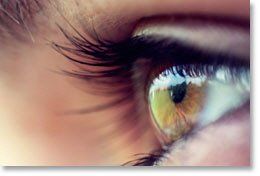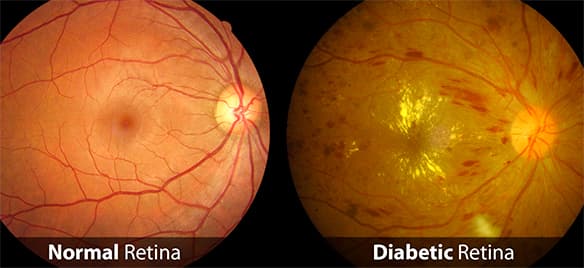EYE CONDITIONS
The following are common eye conditions that are routinely seen in our office. These conditions may be treated with glasses, contact lenses, and surgery.
Nearsightedness (myopia) – is a condition caused by the cornea and lens focusing in front of the retina causing blur. People with myopia usually experience blur in the distance.
Farsightedness(hyperopia) – is a condition caused by the cornea and lens focusing behind the retina. People with hyperopia tend to notice blur up close, and sometimes in the distance as well.
Astigmatism – occurs due to the irregular shape of the cornea or lens inside the eye. The cornea is referred to as “football” shaped. People with astigmatism may have trouble focusing at all distances.
Presbyopia – is the gradual loss of the eye’s ability to focus at objects close by. Patients with presbyopia benefit from progressive lenses and multi-focal contact lenses.



